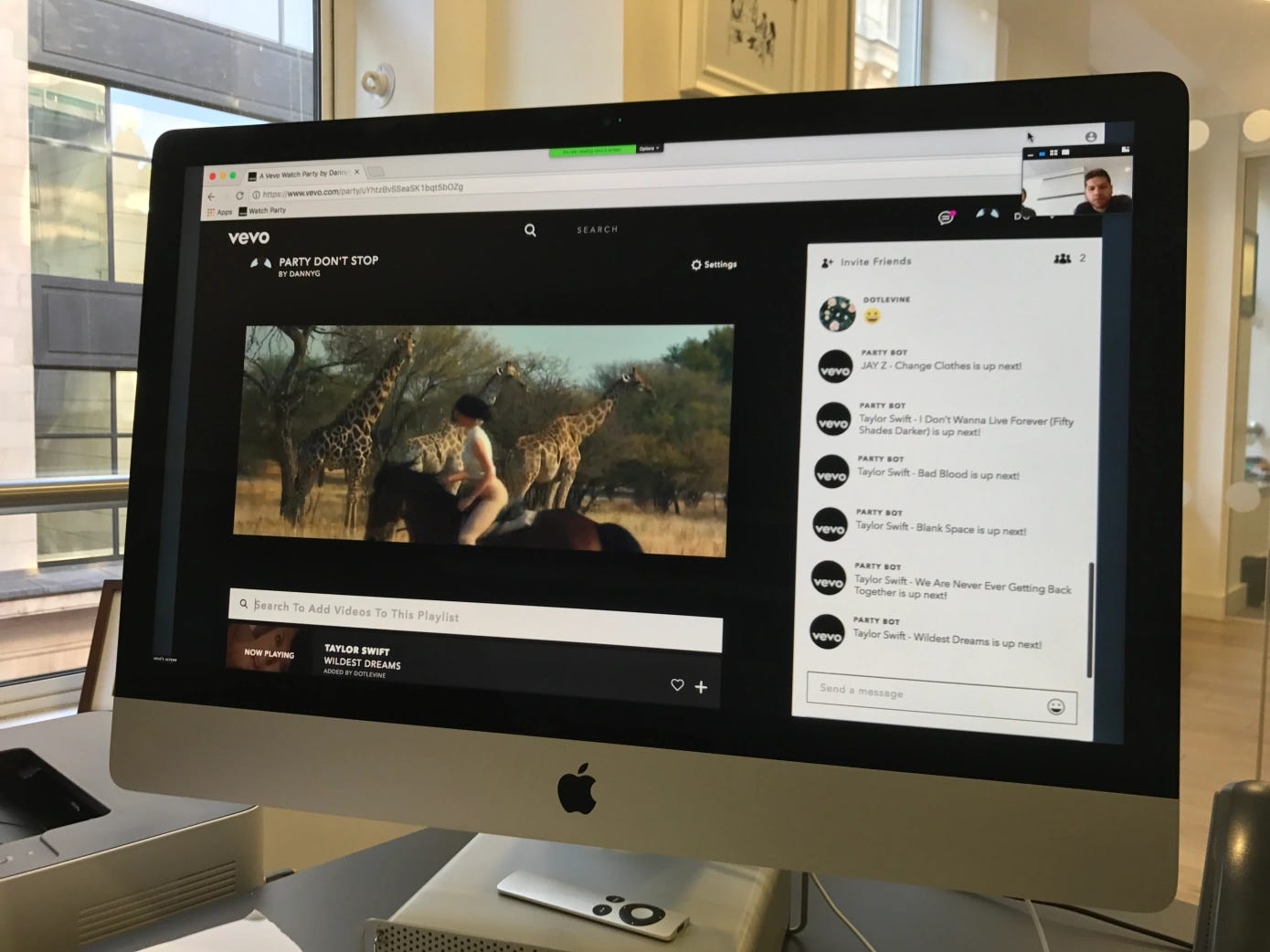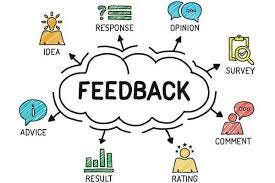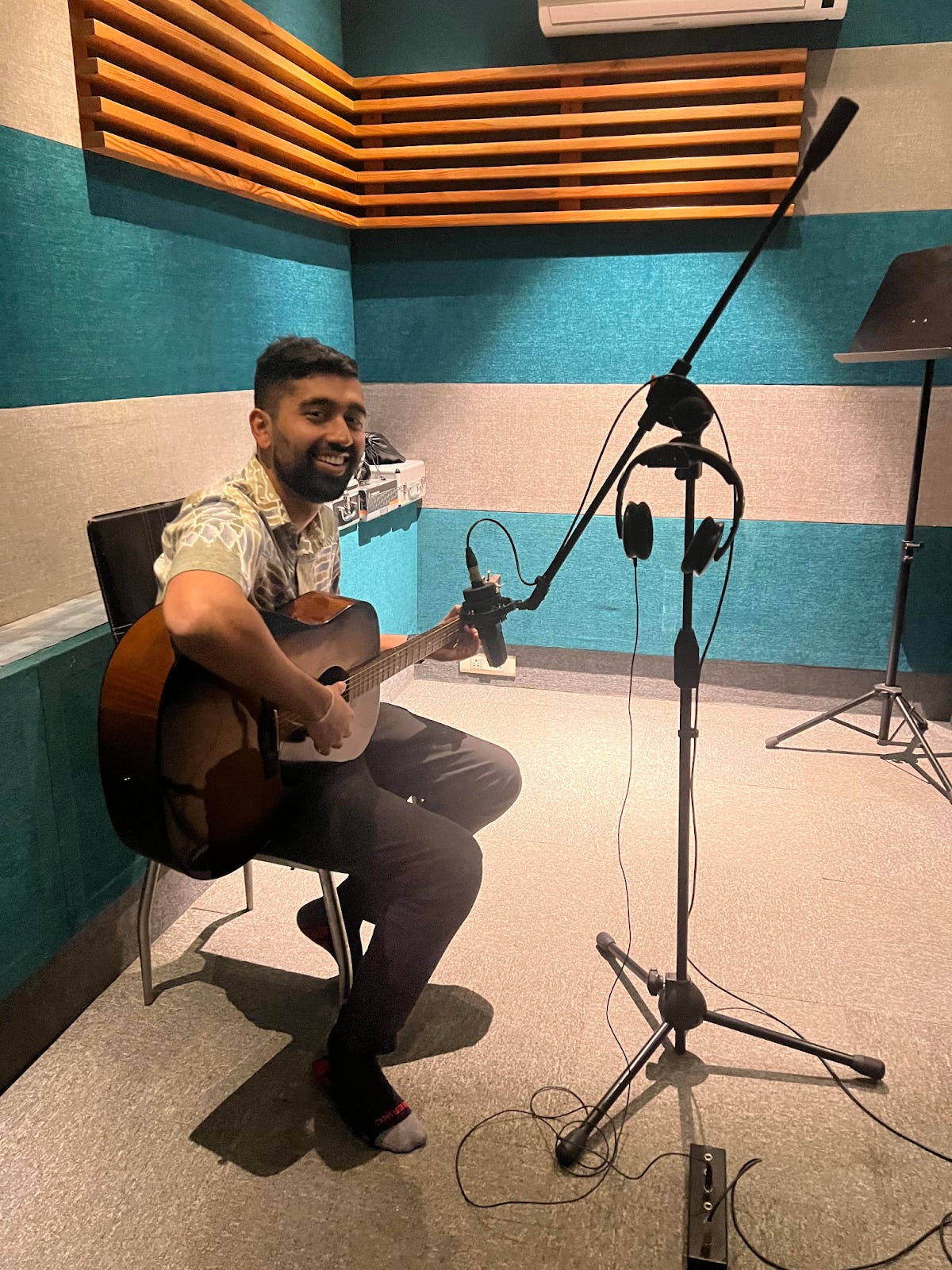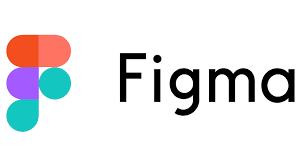Manosai Eerabathini (PM, Figma) : Interview
Insights on PM from 8 yrs of exp from Msft, Vevo, Google & Figma
Join 600+ others who get our best writing and interviews on how to level up your product skills as early career PMs.
Hi 👋 Deekshit here, and recently I interviewed Manosai Eerabathini who has been a product manager for 8 years and has worked across Microsoft, Vevo, Google and currently working at Figma. We spoke about
His product experiences
Company Culture at Figma
Advice for early career PMs.
I distilled our 1hr conversation into this newsletter so that it’s easy for you to consume all the valuable insights. Check it out.
When did you have the most fun as a product manager?
During my early career, after I left Microsoft and joined Vevo. We were building new products at the time, thinking about how we could create a live-streaming application that artists could use to connect with their fans. This was before Instagram Live and Facebook Live became popular, so it was a really wild idea at the time.
Looking back on it, I was almost very naive in not knowing the constraints or bounds that I needed to factor in. However, it was exciting because there was that hunger, that energy being in the trenches with the team.
I worked with a great design team and some scrappy engineers. We built quick prototypes in just a matter of days, not weeks. We were really trying to iterate fast and push the learning lens quickly. This kind of product thinking was a game changer for me at the early stage of my career. I got to see how applied product management looks at the moment. It's messy, and you don't have time to write and iterate a perfect PRD, get stakeholder feedback, and hand it off to engineering.
It was the first time in my career where I just had to jump into what applied product management looks like and try to figure it all out, even if we didn't know exactly where we were trying to go.
What were 2-3 learnings from this experience?
Embrace the non-linear messiness of product management: In practice, product management is not always a linear process that starts with identifying users, problems, and then building solutions. Sometimes, PMs start with the solution and work backward to the problem and that’s okay.
Focus on building trust and genuine partnerships: Product management is ultimately about working with people and building trust and genuine relationships with team members and stakeholders can be a huge multiplier for success. It is important to focus on finding authentic strengths in others and creating a safe and strong sense of trust, which can lead to more efficient execution and better outcomes.
What has been the most insightful feedback you have received so far?
In my career as a PM, I've tried to position myself as someone who is always open to feedback. One piece of feedback that has stuck with me is about how I convey myself and how as a PM, I need to play the role of an effective leader by projecting confidence.
I received this feedback early in my career when I was unsure, and it made it difficult for other teams to work with me. The insight that stuck with me is that people are often looking for someone to play the lead role, and as a PM, I need to fill that PM-shaped hole in a project that only I can fill.
For example, there may be a strong tech lead or an end manager, or even my manager, who are all in leadership roles, but they cannot fulfill the PM's role. It's the PM's responsibility to be confident, make decisions, and play a leadership role. If I'm not projecting confidence and making decisions, I'm making my job harder for myself and the teams I work with. It's been an overall theme of feedback that has stuck with me over the years.
How do you set yourself up for feedback?
When leading discussions with stakeholders that I am not familiar with, I always seek real-time feedback to understand what's resonating and what's not. This allows me to process the feedback with a recency bias and make necessary adjustments on the spot.
For instance, when leading such discussions with my manager, I always ask for his immediate thoughts on what worked well, what didn't, and what we can do differently the next time. I prefer this real-time feedback because I know it will be the most effective for me, rather than waiting for our next one-on-one meeting, which might be several days away.
I have found that indexing on real-time feedback when there is something I am intentionally trying to improve has been a successful strategy.
Any favorite book that has helped you improve your work?
Cracking the PM Interview: While the book may be somewhat outdated, it still offers valuable insights into the role and the motivations behind why companies hire product managers.
Grit by Angela Duckworth: It's not necessarily focused on product management, but it has helped me develop a mindset and approach to work that emphasizes the importance of persistence and passion. As a product manager, it's important to recognize that the job can be challenging, with complex and ambiguous problems to solve. This is where having grit and persistence comes in handy, and reading books like "Grit" has helped me cultivate those qualities.
How do you keep yourself creative?
For me, it's important for me to engage in activities outside of work that challenge me and allow me to learn and grow. As a product manager, I am naturally motivated by learning and diving deep into problem spaces, and I have found that this approach has helped me stay creative in my work as well.
I enjoy taking on new hobbies and sticking with them, even when they are challenging and frustrating because I know that they will help me continue to develop my skills and mindset. For example, I have been taking guitar lessons once a week for the past year, which has not only given me a break from work but has also challenged me in new ways and helped me build mental toughness. Similarly, playing basketball once a week has helped me stay active and engage in a different type of challenge. Overall, I think it's important to prioritize these activities and make sure they are a regular part of my schedule, in order to continue to stay creative and engaged both in and out of work.
How does Figma incorporate user feedback into the product development process?
At Figma, we have a strong user-centric culture that is deeply ingrained in our product development process. We always consider user needs and concerns when exploring ideas and concepts for our solutions. Small details matter to us, and we strive to raise the quality bar to the highest level. Our design team puts themselves in the shoes of our users and have direct empathy for designers. Our team cares deeply about what the community thinks and listens to them. We believe that sweating the small details is what leads to a product that is delightful to use, with rough edges smoothed out along the journey. This ethos is what makes Figma a unique and special place to work.
Here’s an Example :
Right now, I'm working on exploring a new feature, and we're deciding on the design treatment for it. It's purely a design conversation, not about functionality or engineering costs. Typically, we would come up with a few options, get some feedback, and make a decision.
But in reality, we're doing a combination of breadth-first search and depth-first search. We came up with four high-level options, but then we're producing high-fidelity mocks for each of them. We're thinking about what the interactions will be like and how users will interact with the feature. We're being very thorough in our exploration to make sure we're landing on the right solution. This level of diligence is something I haven't experienced at other companies, and it's a different kind of muscle in terms of product and design partnering together to deliver the most optimal user experience.
What advice do you have for folks that have started their PM journey?
Recognize that there will always be something else to strive for in your career, so focus on the journey rather than the destination.
Use your product management journey as an opportunity to learn about yourself and shape your sense of self.
Learn to find your own voice, feel comfortable being confident, and defend your point of view.
Develop a strong compass that guides your decision-making and helps you do things your own way.
To be an effective product manager, it's important to avoid trying to present a perfect, textbook image of what a PM should be. Instead, strive to be authentic and true to yourself.
Be a sponge and absorb best practices from others, but eventually, find what works for you and be an authentic version of yourself as a PM
That’s it for this post! Hope you liked it. If you did please do subscribe as we send out one article a week where we share tips on how to succeed as an early career product manager.
You can also follow Manosai on Twitter!
And, follow us on Twitter as well- Andy Bharadwaj and Deekshit BN






